or
‘But it’s only a very little mistake’
‘But it’s only a very little mistake’
In 1631 a reprint of the King James Bible contained a very small error: the word ‘not’, was omitted from one of The Ten Commandments, resulting in it reading ‘Thou shalt commit adultery’. (Full story here for those who are interested.) Crown and church were appalled, copies were recalled, and the printers were fined and had their license removed.
It’s now almost four hundred years since the then Archbishop of Canterbury said: ‘I knew the tyme when great care was had about printing …’ and yet in many ways it seems not much has changed. The technology is different, sure, but are our books now free from errors? Judging by the criticism frequently heaped upon small and self-publishers in particular, it would seem not. I, and I’m sure some of you, have bought books/ebooks recently and found them to be very poorly presented: badly formatted, full of spelling and grammatical errors, and including inconsistencies of style. I’ve even seen a couple with spelling errors on the cover.
It should be our goal to put out work that is as near to perfect as we can make it, but we must also be pragmatic and accept that the odd error might sneak into a published book. However, that’s all it should be: the odd error. And the shorter the piece of writing, the less excusable errors are.
A potential pitfall is presented by words and phrases that sound like what we want to say. I’ve lost count of the times I’ve read ‘reign in’ for ‘rein in’, ‘your’ for ‘you’re’, ‘it’s’ for ‘its’, and 'should of' for 'should have' (or 'should've'). (And even, on one occasion, ‘as a pose’ instead of ‘as opposed’.)
We also need to check for consistency. I recently read a story where a name was spelled differently on two lines, one after the other. Similarly, it matters less whether you use single or double quotation marks than that you use the same type throughout.
Having someone check over your work for continuity can be invaluable. You don’t want a character to take a drag on a cigarette they stubbed out in the previous scene, to put their jacket on twice, or to take an active part in the story after you have killed them off. (I did this in the first draft of my novelette The Writing on the Wall, but thanks to careful editing it was caught long before publication.)
You may think that if your work is being put out by a publisher, then they will absolve you of some of the responsibility and ensure that it is edited and proofread, but that may not be the case. Wherever possible, ask for a proof of the formatted book before it is published; that way you can catch any mistakes, whether missed prior to that point or introduced by the publisher.
I’m lucky in that I have an editor and proofreader to call on for all my writing. If I didn’t, I’d have to make other arrangements — perhaps by coming to an agreement with another writer whereby we proofread for each other. But it’s essential to get another pair of eyes over a document, if only because it’s all too easy to be blind to our own mistakes.
Proofreading and editing are essential components of the pre-publication process, not just things you do if you have time. You work very hard to create your characters and their world, and to tell their story. You owe it to them — and to yourself — to make sure that when readers talk about your book afterwards, they are commenting on the realistic dialogue, razor-sharp prose, and terrific characterisation, not complaining about silly and avoidable errors.
N.B. This post was originally published as a guest piece At The Bijou.
It’s now almost four hundred years since the then Archbishop of Canterbury said: ‘I knew the tyme when great care was had about printing …’ and yet in many ways it seems not much has changed. The technology is different, sure, but are our books now free from errors? Judging by the criticism frequently heaped upon small and self-publishers in particular, it would seem not. I, and I’m sure some of you, have bought books/ebooks recently and found them to be very poorly presented: badly formatted, full of spelling and grammatical errors, and including inconsistencies of style. I’ve even seen a couple with spelling errors on the cover.
It should be our goal to put out work that is as near to perfect as we can make it, but we must also be pragmatic and accept that the odd error might sneak into a published book. However, that’s all it should be: the odd error. And the shorter the piece of writing, the less excusable errors are.
A potential pitfall is presented by words and phrases that sound like what we want to say. I’ve lost count of the times I’ve read ‘reign in’ for ‘rein in’, ‘your’ for ‘you’re’, ‘it’s’ for ‘its’, and 'should of' for 'should have' (or 'should've'). (And even, on one occasion, ‘as a pose’ instead of ‘as opposed’.)
We also need to check for consistency. I recently read a story where a name was spelled differently on two lines, one after the other. Similarly, it matters less whether you use single or double quotation marks than that you use the same type throughout.
Having someone check over your work for continuity can be invaluable. You don’t want a character to take a drag on a cigarette they stubbed out in the previous scene, to put their jacket on twice, or to take an active part in the story after you have killed them off. (I did this in the first draft of my novelette The Writing on the Wall, but thanks to careful editing it was caught long before publication.)
You may think that if your work is being put out by a publisher, then they will absolve you of some of the responsibility and ensure that it is edited and proofread, but that may not be the case. Wherever possible, ask for a proof of the formatted book before it is published; that way you can catch any mistakes, whether missed prior to that point or introduced by the publisher.
I’m lucky in that I have an editor and proofreader to call on for all my writing. If I didn’t, I’d have to make other arrangements — perhaps by coming to an agreement with another writer whereby we proofread for each other. But it’s essential to get another pair of eyes over a document, if only because it’s all too easy to be blind to our own mistakes.
Proofreading and editing are essential components of the pre-publication process, not just things you do if you have time. You work very hard to create your characters and their world, and to tell their story. You owe it to them — and to yourself — to make sure that when readers talk about your book afterwards, they are commenting on the realistic dialogue, razor-sharp prose, and terrific characterisation, not complaining about silly and avoidable errors.
N.B. This post was originally published as a guest piece At The Bijou.
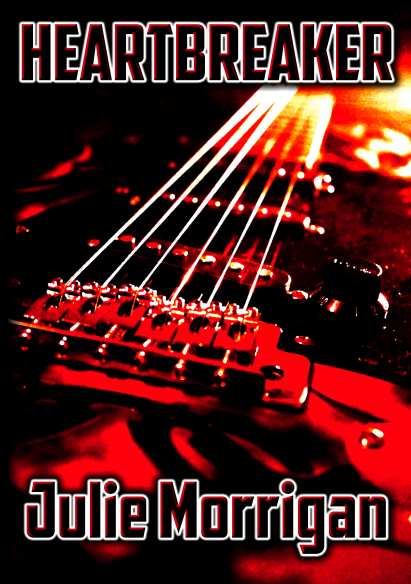
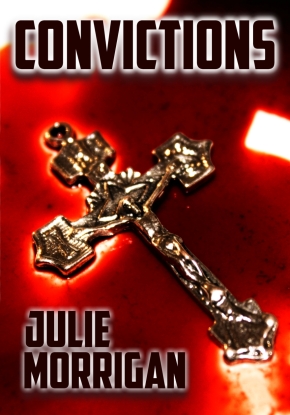
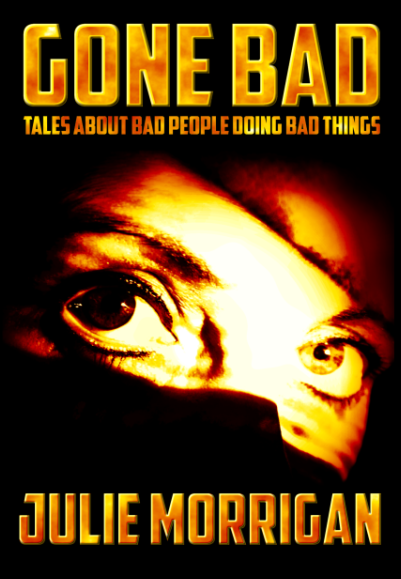
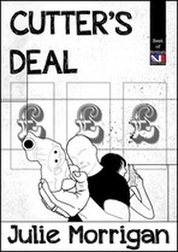
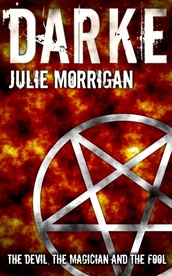
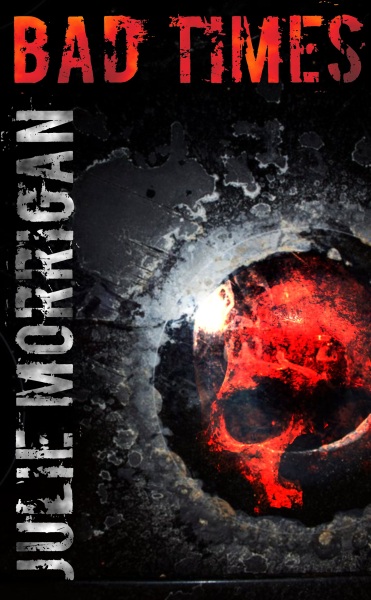
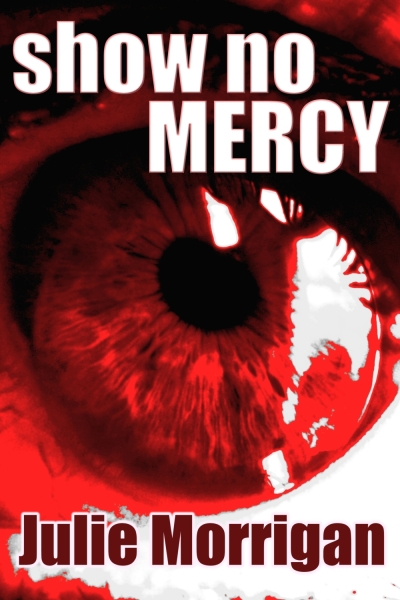
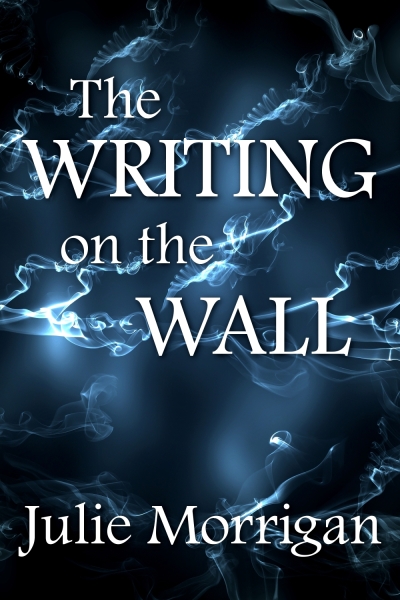
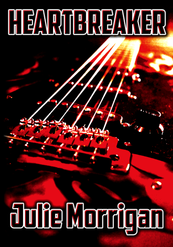
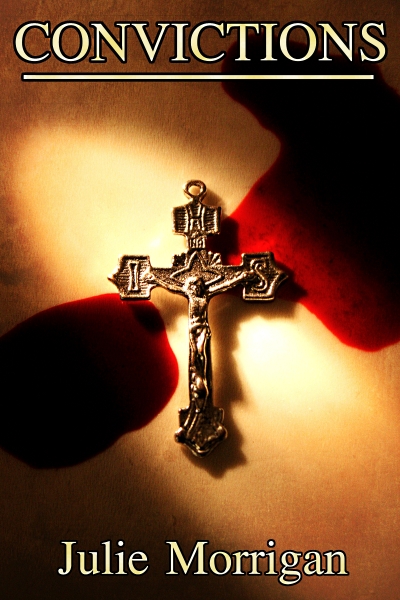
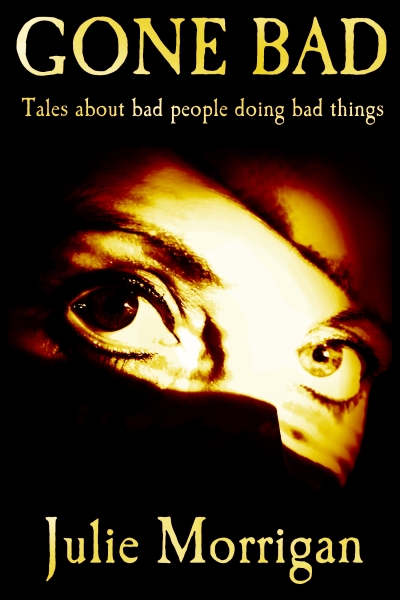
 RSS Feed
RSS Feed
